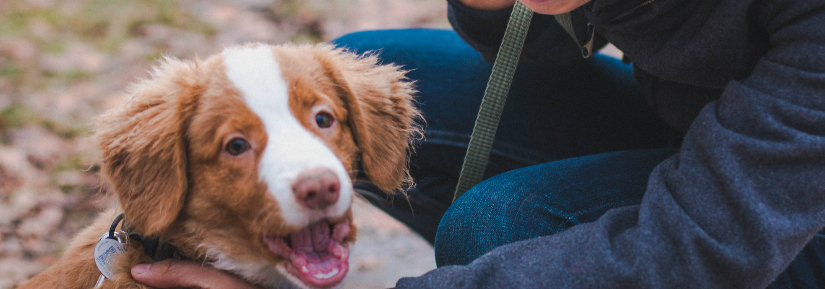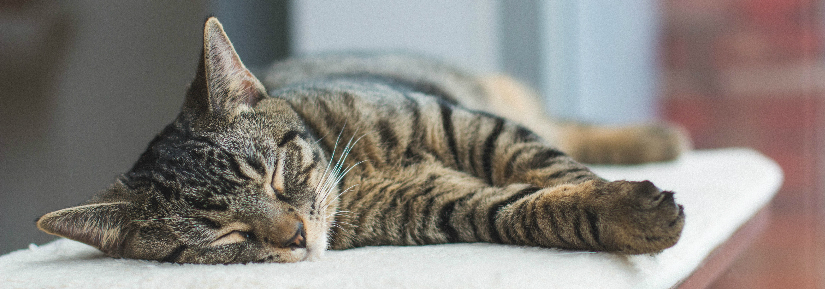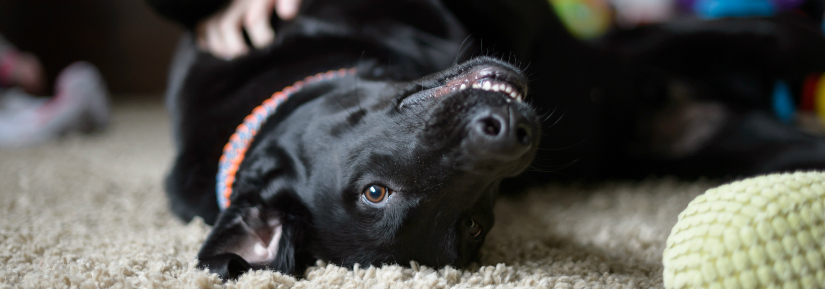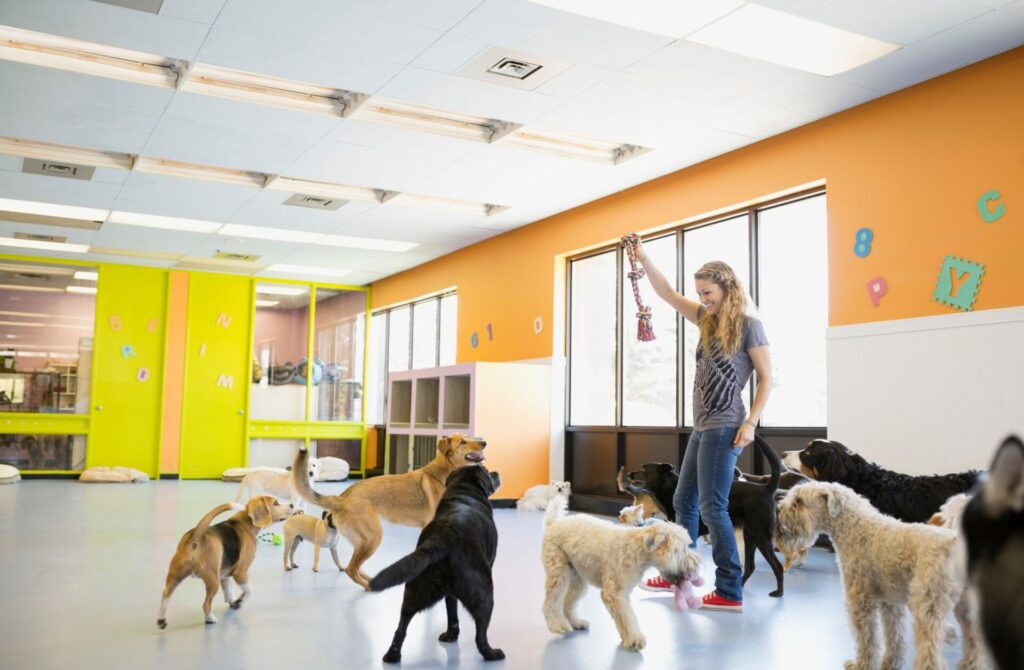Found Pet
Steps to follow when you find a lost pet
If you think you have found a lost animal, follow these steps to increase the chances of reuniting them with their family.

1 | Look for identification (ID)
Collar and/or ID tag: A collar or tag may have the animal’s home number or address. For dogs, some tags are municipal licences and may not have the guardian’s contact information. In this case, call the BC SPCA or your local Animal Control who can help track down where the animal lives.
Microchips: Microchips are a reliable form of electronic permanent ID inserted under the animal’s skin. If you do not see a visible form of ID, the animal may have a microchip. Take the pet to your nearest veterinary clinic, Animal Control agency or BC SPCA shelter to have the animal scanned for a microchip at no charge. If this microchip is registered with a database such as the BC Pet Registry there is a great chance of reuniting the pet with their family.
Ear tattoo: If the animal has an ear tattoo, contact the BC Pet Registry, a local veterinary clinic or animal control agency to trace it. If the tattoo is difficult to read, bring the animal to one of the above locations to read it at no charge. Some vet clinics also keep lost and found pet records and posters.
Other tattoos: Some animals may have a breeder tattoo on their abdomen or inside leg. In this case, contact your local BC SPCA location or Animal Control shelter. Often these tattoos are only traceable through the original breeder.

2 | Contact your local BC SPCA shelter or animal control
Report the animal as found. Let them know if you are willing to hold onto the animal until the guardian comes forward. If you’re unable to hold on to the animal, please contact our Call Centre at 1-855-622-7722 for direction on where to take the animal.

3 | Use the web
Post to social media: Take a quality photo of the animal and circulate it on your Facebook or Twitter networks with the location in which it was found. Encourage your friends to share the photo on their page.
Search online: There are websites dedicated to helping lost animals return to their guardians. These Canadian sites host searchable lost and found animal postings. On each of these websites, you can also publish a “found pet” post:
- BC SPCA Pet Search (search lost animal posts and create a free “found pet” post)
- Missing Pets in BC (search lost animal posts and create a “found pet” post)
- Craigslist (search lost animal posts and create a “found pet” post)

4 | Search the neighbourhood
Talk to people in the neighbourhood: Neighbours in the area, especially other pet guardians, may know the pet you found. Talking with people may help you find the guardian without the animal having to go to the shelter. If you found the animal in a yard or in front of a residence, knock on the door of that home and kindly ask if it’s their pet or if they know the guardian.
5 | Put up posters
Create your own eye-catching poster or make one for free with the BC SPCA Pet Search. Include a photo, description of the animal, where it was found, and a contact phone number. Post these in as many places as possible near where the animal was found (grocery and corner stores; local parks; telephone poles).
Found the pet’s guardian?
If you find the guardian, please remember to contact the groups keeping records and let them know the animal is no longer lost.



